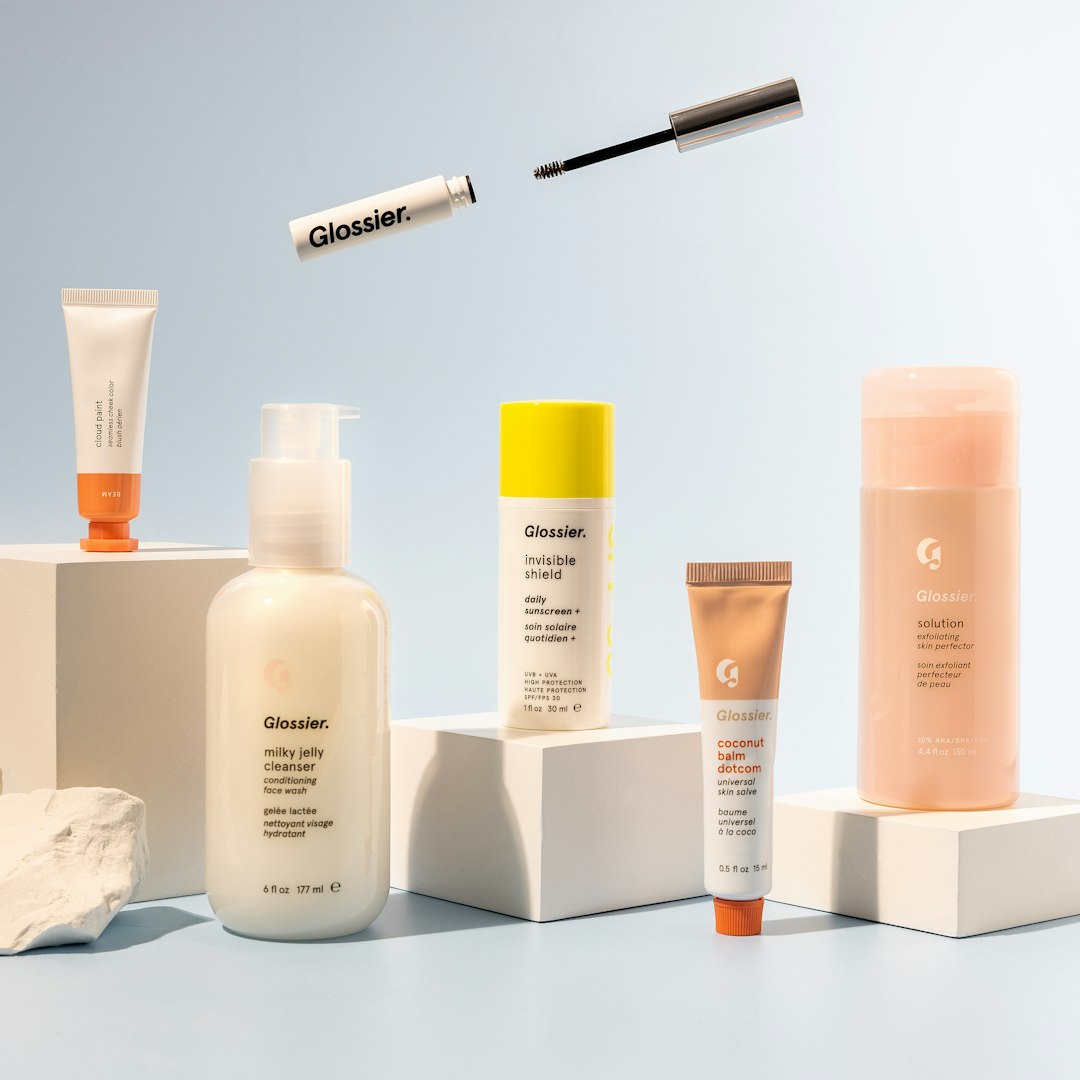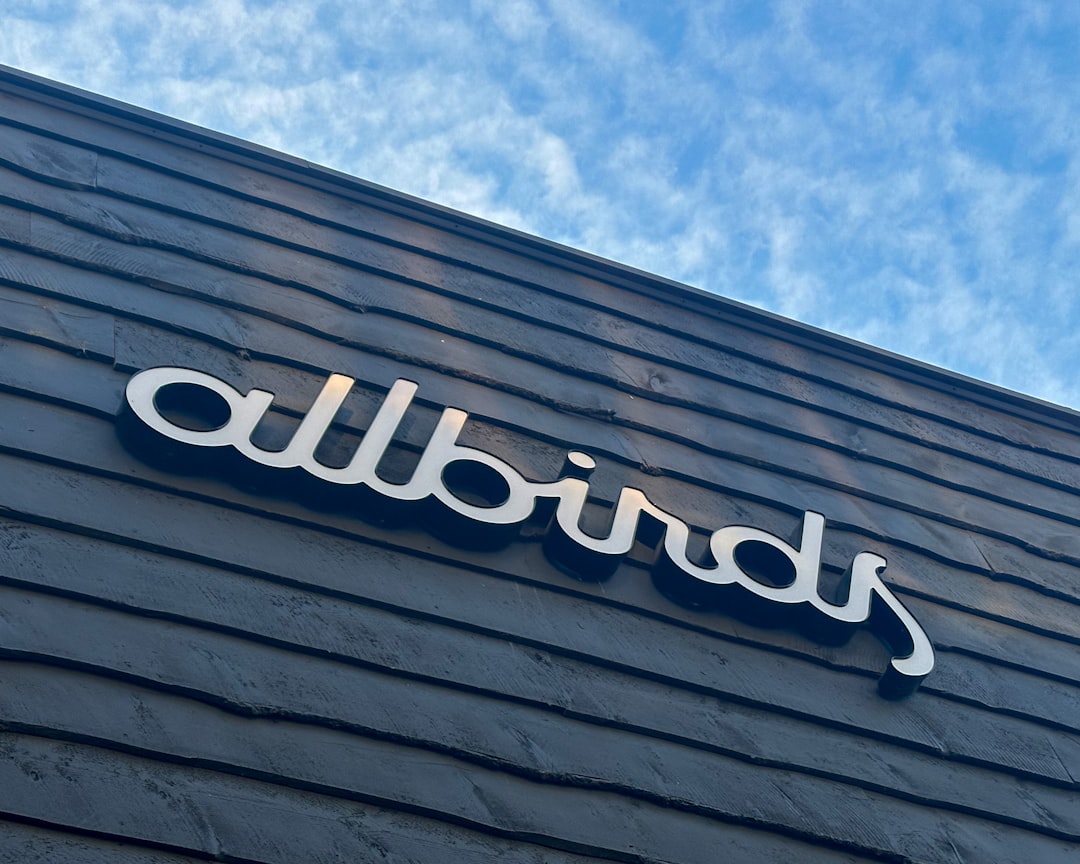- Startup Stoic
- Posts
- How Psychology Makes You Click "Buy"
How Psychology Makes You Click "Buy"
Turn window shoppers into brand loyalists with these proven tactics
In the ever-evolving landscape of Direct-to-Consumer (D2C) brands, understanding customer psychology has become paramount. The most successful brands are those that have mastered the art of aligning their products, messaging, and overall brand experience with the deep-seated needs, desires, and behaviours of their customers. This is Startup Stoic, a newsletter that assists you to learn better and strategize your startup ideas. Feel free to share it with others.
Imagine this: you're scrolling through social media, bombarded by ads for faceless products. Suddenly, a video ad pops up. It's funny, relatable, and uses a product you genuinely need. You click "buy" before the laughter subsides.
This, my friends, is the power of understanding customer psychology. In the cutthroat world of D2C (direct-to-consumer) brands, where there's a new challenger every day, appealing to emotions is the key to building brand loyalty and driving sales.
Let's explore how different various D2C brands leverage psychological principles to create this connection.

Psychology Insight: Humans are inherently social creatures. We look to others when making decisions, especially when uncertain. Social proof, such as testimonials, reviews, and user-generated content, can significantly influence purchasing decisions.
Brand Example: Glossier
Strategy: Glossier has built a beauty empire on the back of social proof. They extensively use user-generated content and customer testimonials to showcase real people using their products.
Execution: By encouraging customers to share their makeup routines and favourite products on social media, Glossier has created a community of brand advocates. Their website and social channels are filled with photos and reviews from everyday users, which adds authenticity and trust.
Outcome: This strategy has cultivated a loyal community that feels like part of the brand's growth story, driving repeat purchases and organic growth.
The Scarcity Principle
Psychology Insight: Scarcity drives demand. When people perceive a product as scarce or limited, its value increases, prompting quicker purchasing decisions.
Brand Example: Gymshark
Strategy: Gymshark uses limited-edition product drops to create urgency and excitement among its customer base.
Execution: By releasing new collections or collaborations in limited quantities, often teased extensively on social media before the drop, Gymshark generates buzz and anticipation.
Outcome: This tactic not only boosts immediate sales but also keeps customers engaged and constantly checking for new releases, fostering a sense of urgency and exclusivity.
Personalization and Customization
Psychology Insight: Consumers appreciate when brands recognize their individuality and cater to their preferences. Personalized experiences can enhance customer satisfaction and loyalty.
Brand Example: Stitch Fix
Strategy: Stitch Fix leverages data and algorithms to provide personalized fashion recommendations.
Execution: Customers fill out a detailed style profile, which Stitch Fix’s stylists and algorithms use to curate a personalized selection of clothing and accessories.
Outcome: This high level of personalization makes customers feel valued and understood, leading to higher retention rates and customer satisfaction.
The Bandwagon Effect
Psychology Insight: People tend to follow the actions and beliefs of others, especially when those others are perceived as similar or aspirational.
Brand Example: Allbirds
Strategy: Allbirds capitalized on the growing trend of sustainable and ethical consumption by positioning their woollen shoes as the footwear of choice for eco-conscious consumers.
Execution: Through strategic partnerships, celebrity endorsements, and a strong emphasis on sustainability in their branding, Allbirds made their shoes the go-to choice for those wanting to make an environmentally friendly statement.
Outcome: The bandwagon effect took hold, with more people buying Allbirds to align with the environmentally conscious community boosting sales and brand loyalty.
Emotional Branding
Psychology Insight: Emotions play a critical role in decision-making. Brands that connect on an emotional level can foster deep loyalty and advocacy.
Brand Example: Bombas
Strategy: Bombas built their brand around a social mission – for every pair of socks purchased, they donate a pair to someone in need.
Execution: This buy-one-give-one model taps into the emotional satisfaction customers feel from making a positive impact on their purchase.
Outcome: The emotional connection created by this mission has driven strong customer loyalty and a sense of community among Bombas’ customers.
The Power of Storytelling
Psychology Insight: Stories are a powerful tool for communication, capable of creating emotional connections and memorable experiences.
Brand Example: Who Gives A Crap
Strategy: Who Gives A Crap uses humour and a compelling narrative about their mission to provide clean toilets to those in need.
Execution: Their branding, product packaging, and communications are filled with witty, humorous content that makes the topic of toilet paper engaging and memorable. Their story about using profits to improve sanitation in developing countries adds a meaningful dimension to their brand.
Outcome: This combination of humour and purpose has helped Who Gives A Crap stand out in a mundane product category, fostering strong customer engagement and loyalty.
Nostalgia Marketing
Psychology Insight: Nostalgia evokes positive memories and emotions, which can enhance brand perception and customer loyalty.
Brand Example: Magic Spoon
Strategy: Magic Spoon taps into the nostalgia of childhood cereals but reimagines them with high-protein, low-carb ingredients for health-conscious adults.
Execution: Their branding, packaging, and flavours are reminiscent of classic cereals, but the product is geared toward modern nutritional needs.
Outcome: This nostalgic yet health-conscious approach appeals to adults who want to relive childhood memories while maintaining a healthy lifestyle, resulting in a strong emotional connection and brand loyalty.
By following these steps, you can unlock the power of customer psychology and propel your D2C brand to new heights. Remember, it's not just about selling a product; it's about building a connection beyond the transaction.



